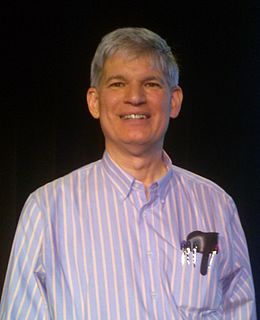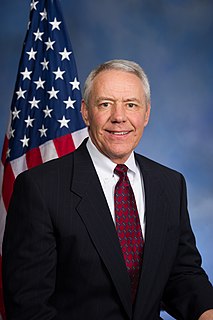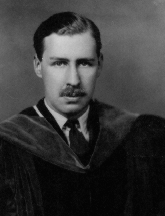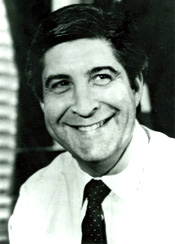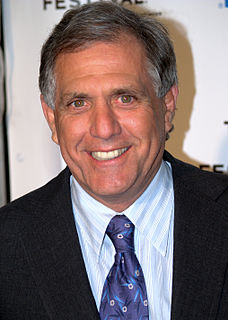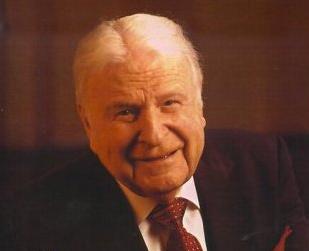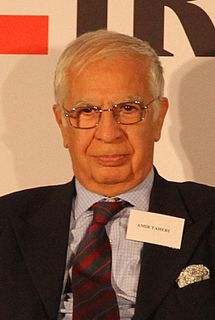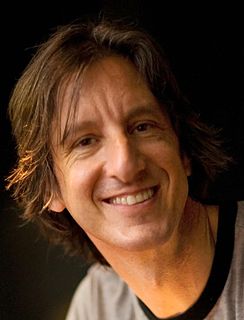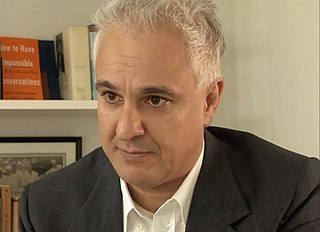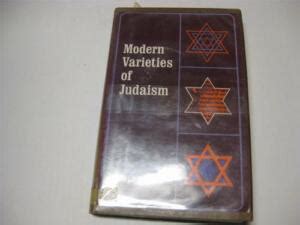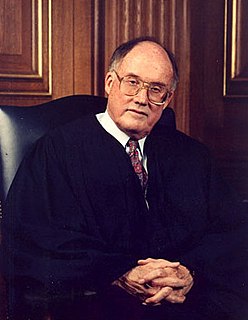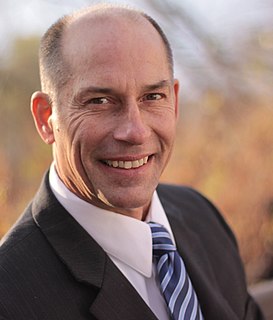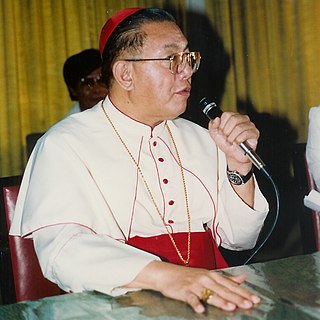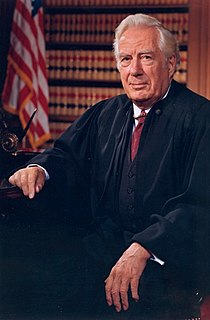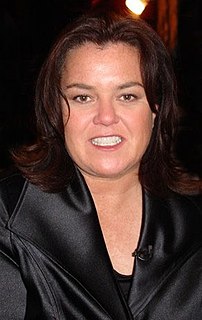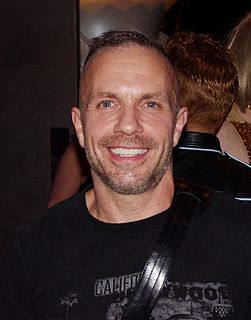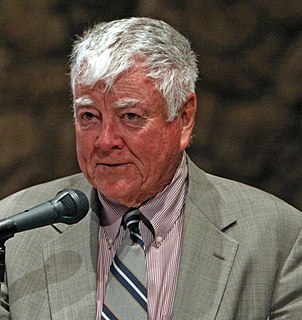Top 1200 Separation Of Church And State Quotes & Sayings - Page 2
Explore popular Separation Of Church And State quotes.
Last updated on April 20, 2025.
I have no respect for the right-to-life position. But when you legislate personal belief, you're in violation of freedom of religion. The Catholic Church may espouse its opinion on abortion to the members of its congregation. But they are in violation of separation of church and state when they try to proselytize their abortion politics on people who are not Catholics.
The First Amendment...does not say that in every respect there shall be a separation of Church and State....Otherwise the state and religion would be aliens to each other - hostile, suspicious, and even unfriendly....The state may not establish a 'religion of secularism' in the sense of affirmatively opposing or showing hostility to religion, thus preferring those who believe in no religion over those who do believe.
The First Amendment, however, does not say that in every and all respects there shall be a separation of Church and State. Rathe, it studiously defines the manner, the specific ways, in which there shall be no concert or union or dependency one on the other. That is the common sense of the matter. Otherwise the state and religion would be aliens to each other.
I believe in an America where the separation of church and state is absolute - where no Catholic prelate would tell the president (should he be Catholic) how to act, and no Protestant minister would tell his parishoners for whom to vote - where no church or church school is granted any public funds or political preference - and where no man is denied public office merely because his religion differs from the president who might appoint him or the people who might elect him.
Extremist groups like People for the American Way attack Christians who run for public office as a threat to the 'separation of church and state,' though they never specify why conservatives are any more of a threat than churchmen and church women on the Left who have led religiously inspired causes for decades.
Thanks in large measure to the ACLU, the belief that there is a wall of separation between faith and state, not just church and state, is endemic. The exercise of religious faith in the public square is not prohibited; only the federal imposition of a particular faith. Hardly anyone any longer knows the difference.
Liberalism is a creation of the seventeenth century, fathered by British philosopher John Locke (1632-1704). For Locke, liberalism means limited government, the rule of law, due process, liberty, freedom of religion, freedom of speech, freedom of the press, freedom of assembly, separation of church and state, and separation of government powers into branches that oversee each other's authority.
I have always felt that many Christians, deeply sincere Christians, support the idea of separation of State and Church and the secularist in that sense as well. They believe that religion should be very much a private affair and should not be given special treatment. The State should not fund churches for example.






